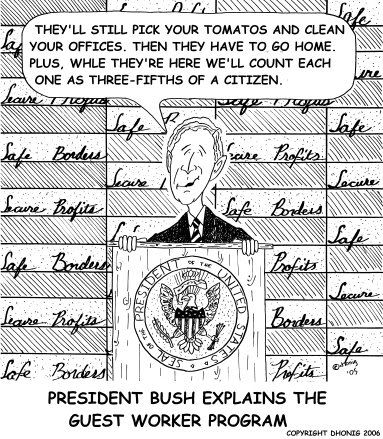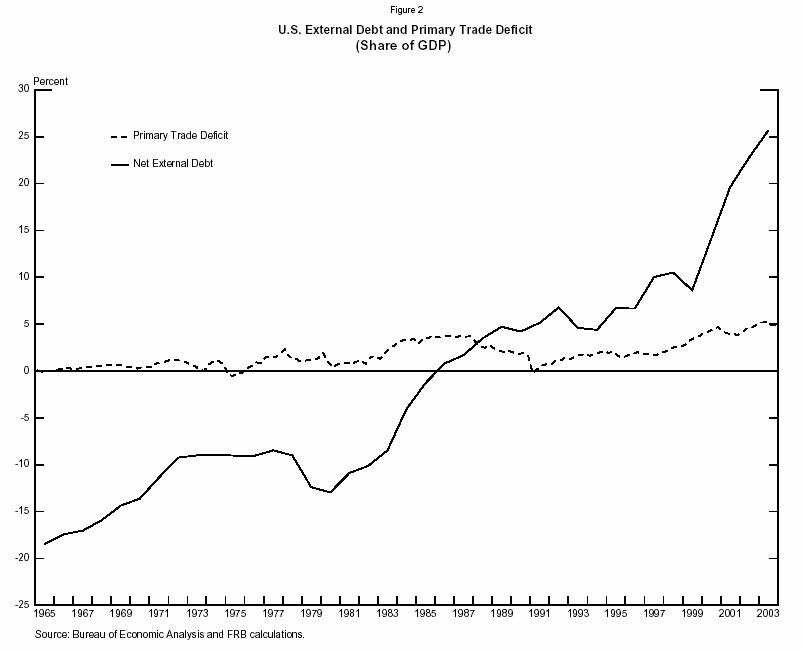Decline and Fall
Steven Coates
On the long hot summer afternoon of Aug. 9, 378, near Adrianople in the Roman province of Thrace, Gothic tribesmen — Germanic warriors from across the Danube — annihilated the field army of the Eastern Roman Empire, butchering thousands of soldiers and the unpopular emperor Valens. But only in a narrow sense are those hours of slaughter the point of the title of Alessandro Barbero’s “Day of the Barbarians.” For as Barbero convincingly maintains, the battle of Adrianople, though little known today, “changed the course of world history” and began the chain of events that led to the sack of Rome in 410 and, soon after, to the inexorable eclipse of the West.
Barbero, a professor of medieval studies at the University of Piemonte Orientale in Vercelli, Italy, strongly suggests that it didn’t have to be that way, in no small part because these Goths, the first to enter the empire in force, came not as invaders but as immigrants. Despite the popular notion that it was already tottering in the fourth century, Rome was still mighty, defended by an army of over half a million men. It was also an empire that “barbarians wanted to join.” Its “open and composite” governing class promoted a universalist “melting pot” ideology, and the army, Barbero shows, was an assimilation machine, efficiently melding willing barbarians into its multiethnic, multicultural polity.
So in many ways it had been natural for Valens to acquiesce when, two years before the fateful battle, a mass of desperate Gothic tribes, already dependent on the Romans economically and terrorized by the Huns, begged to be allowed to cross the Danube and settle within the empire’s bounds. The new immigrants would pay taxes, supply recruits for the Roman army and farm the empire’s underpopulated northeast corner (Adrianople was in what is now European Turkey). But what might have been a grand opportunity turned into a colossal failure of crisis management, one that exposed the empire’s every failing and fissure. Barbero’s narrative skillfully exploits the tensions inherent in these events; it is excruciating to watch the scales tilt grain by grain against the Romans...
Now somehow that sounds familiar. What does it remind me of?

Or maybe it was this:

Although it doesn't repeat itself, history does rhyme, doesn't it?

No comments:
Post a Comment